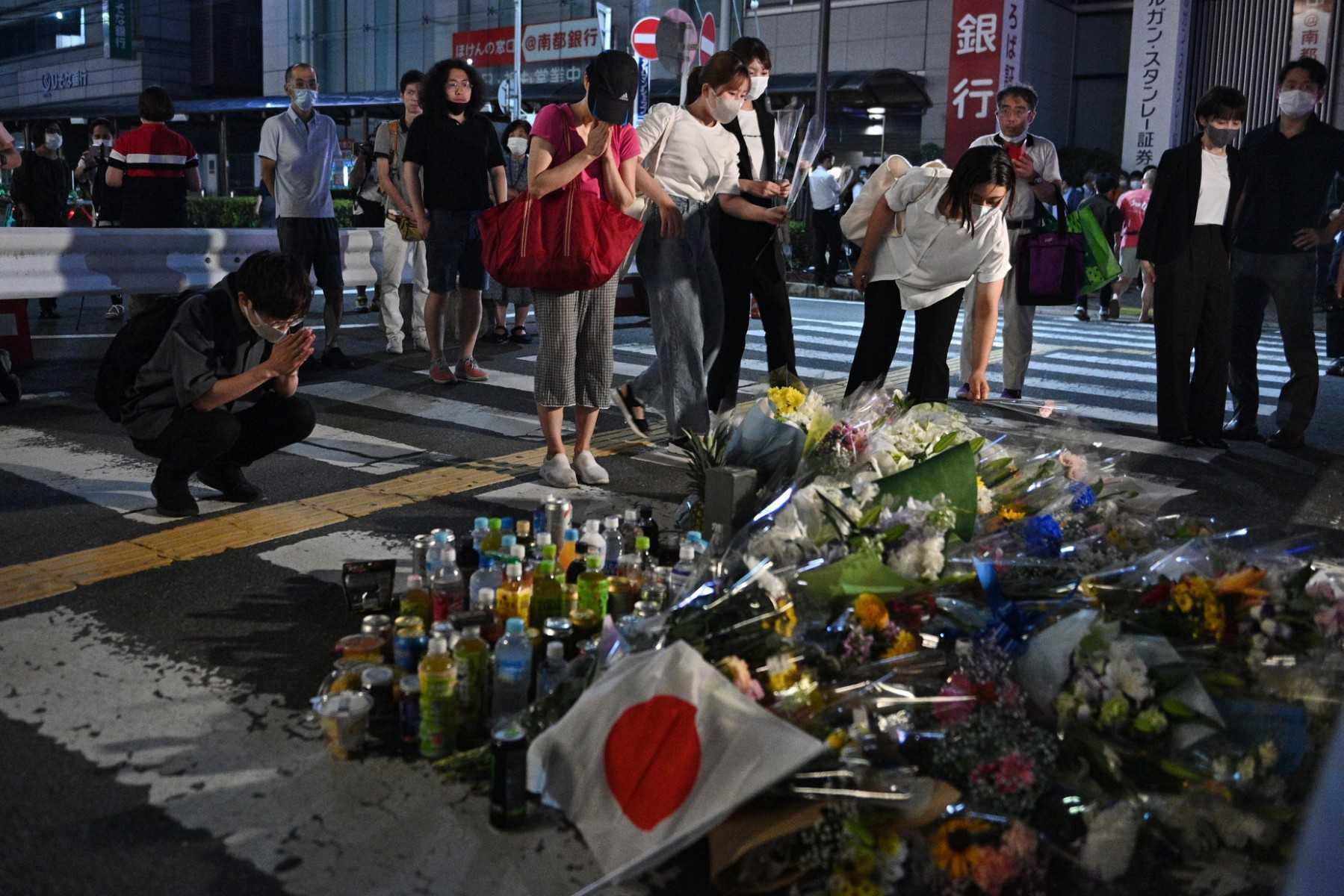Japan PM defends decision on state funeral for Abe
Prime Minister Fumio Kishida's decision to hold the funeral on Sept 27, to be paid for by the state, has aroused widespread public opposition, largely because of revelations that emerged after Abe's murder.
Just In
Japan's prime minister on Thursday accepted criticism that he had not sufficiently explained why he wants a state funeral for assassinated former premier Shinzo Abe but defended the decision that has helped drag his support to its lowest ever.
Prime Minister Fumio Kishida's decision to hold the funeral on Sept 27, to be paid for by the state, has aroused widespread public opposition, largely because of revelations that emerged after Abe's murder of ties between the ruling party and a church group that has faced criticism for various reasons over the years.
"I humbly accept the criticism that my explanation was insufficient," Kishida told members of parliament in response to questions about the issue.
Abe, Japan's longest-serving but divisive premier, was shot and killed at an election rally on July 8.
His suspected assassin, arrested at the scene moments after the killing, bore a grudge against the Unification Church, alleging it bankrupted his mother, and blamed Abe for promoting it.
A majority of members of the public feel links between the ruling Liberal Democratic Party (LDP) and the church, which was founded in South Korea in the 1950s by self-proclaimed messiah Sun Myong Moon, have not been adequately explained.
The LDP said later on Thursday it found in a survey that 179 of 379 lawmakers had some form of interaction with the church, including 17 who had received election help.
"We take these results very seriously," Toshimitsu Motegi, party secretary-general, told a news conference.
"From now on, we will take thorough steps within the party to make sure nobody has connections with the Unification Church."
But a majority of voters think this will be difficult to do, multiple opinion polls have found.
Using information available on legislators’ websites and sources including videos posted by the church, Reuters found that Abe and 23 members of his right-wing party faction were among those who had some kind of connection with the church.
Asked about Abe's relations with the church, Motegi said there were limits to checking facts about those who had died.
'Reasonable'
Kishida has said he decided to hold a state funeral for Abe because of his contributions to the country and his achievements, recognised at home and abroad.
But criticism could increase as the costs of the funeral have risen to US$12 million, and are likely to rise even more because of expenses such as security for foreign dignities, who are expected to include US Vice President Kamala Harris, Indian Prime Minister Narendra Modi and Australian Prime Minister Anthony Albanese.
"Even in comparison to similar ceremonies that were held in the past, we believe the estimate is reasonable," Kishida said in response to a question on whether costs were too high.
A poll this week showed disapproval of Kishida's government increased to more than 40% of those questioned for the first time since he took office last year. Other surveys have shown disapproval edging above approval.
Though Kishida does not have to hold a general election for three years, growing disapproval could make it hard to push through an agenda that includes bringing more nuclear reactors back online.
Political analysts also say it may be hard for Kishida to regain much ground with the public in the short term given that the funeral is several weeks away.
"This issue will drag on," said Airo Hino, a political science professor at Waseda University, noting that Kishida may have waited too long to explain his decision.
"As the day for the funeral approaches and disapproval continues to grow, his support is likely to fall still further."
Subscribe to our newsletter
To be updated with all the latest news and analyses daily.
